香港抗议是中共党朝灭亡的开始
Hong Kong Protest Spells the Beginning of the End of CCP Dynasty
---------------------------------------
Xi Jinping Could Be China’s Last Communist Ruler
Larry Diamond is Senior Fellow at the Hoover Institution and Director of Stanford’s Center on Democracy, Development, and the Rule of Law.
At this point, China can neither negotiate nor repress the mass demonstrations
The recent eruption of popular outrage was prompted by Beijing’s decision, announced at the end of August, to defer indefinitely the dream of democratic self-governance in Hong Kong. China’s rulers have now delivered an Iranian-style interpretation of “universal suffrage”: everyone can vote, but only for candidates approved by the real rulers. Instead of “one country, two systems,” Hong Kong is getting “one country, one autocracy,” with increasing concentration of economic power and shrinking media and academic freedom.
Hong Kong’s youthful demonstrators are economically worried, but even more so, they are politically indignant. Many, like the 17-year-old student protest leader Joshua Wong, were born after the handover and raised in a prosperous, civically vibrant, and open society. They grew up tweeting and texting, and they see democratic self-governance as both their natural right and their constitutional promise. Many older Hong Kongers remember colonial rule, and cherish the civil freedoms and rule of law that they now see eroding under the lengthening shadow of economic and political control from Beijing. No one knows what percentage of Hong Kong’s population is willing to risk prosperity to press democratic demands to the limit. But hundreds of thousands of protestors and sympathizers view Beijing’s political intransigence as an existential threat to Hong Kong’s future.
This was an avoidable crisis. Over the years, many creative ideas have been floated to realize “gradual and orderly progress” toward democracy. China’s Communist leaders could have negotiated with moderate Hong Kong democrats to gradually expand the range of candidates permitted to contest Chief Executive elections, and to move in stages to a fully directly elected legislature (30 of the 70 members are now elected by narrow functional constituencies). Political compromise could have fashioned a popular majority accepting patient progress. What Hong Kong got instead was no negotiations and no progress, but rather an authoritarian imposition thinly masquerading as popular sovereignty.
Beijing’s intransigence was never solely about Hong Kong, and neither are the current protests. This is a struggle for the future of China itself. President Xi and his fellow Party bosses are consumed with fear that they will meet the same fate as Mikhail Gorbachev if they do not maintain tight, centralized political control. Xi will pursue economic reform. He will try to purge the party and state of brazen corruption (while also purging his rivals along the way). But political reform is ruled out. So, even, is discussion (or teaching or tweeting) about such concepts as “universal values,” “freedom of speech,” “civil society” and “judicial independence.
China is changing rapidly in the wake of rapid economic growth. A civil society is slowly rising, alongside a pragmatic and more independent-minded business class. People now debate issues through social media, even with state controls. The middle class is traveling and gaining exposure to democratic ideas and freedoms, most dangerously, in Taiwan and Hong Kong. Ironically, during this long holiday week when China celebrates its National Day (and now the 65th anniversary of the Communist Revolution), many Chinese vacationing in Hong Kong are suddenly watching a very different kind of revolution.
China’s rulers are now stuck in a trap of their own making. If they brutally repress mass demonstrations, as they did a quarter century ago, they will gravely damage their international legitimacy, wreck prospects for closer relations with Taiwan, and destroy the civic fabric of Hong Kong. If they do what they should have done months ago — negotiate — they fear they will look to be capitulating to mass pressure, thereby inviting more of it in a country where hundreds of local-level protests erupt daily. Thus they will probably wait, hoping the protests will ebb, while preserving the option of dumping the current Chief Executive, C.Y. Leung, as a sacrificial lamb.
If the protests persist and grow, China’s Communist rulers will face an awful choice, and they may well repeat the tragic mistake of 1989. But this is not the China of 25 years ago. Xi Jinping can no more will an emergent civil society out of existence than King Canute could command the tides of the sea to recede. But alas, King Canute understood the natural limits to his power. Xi Jinping does not appear to do so, and this is why he could well be China’s last Communist ruler.
Larry Diamond is Senior Fellow at the Hoover Institution and Director of Stanford’s Center on Democracy, Development, and the Rule of Law.




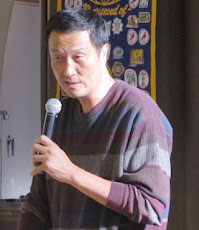
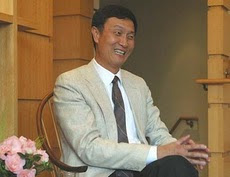






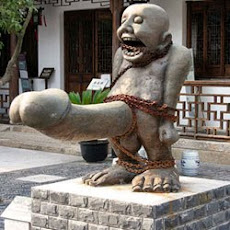






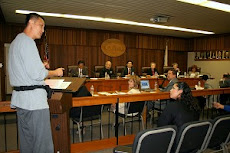






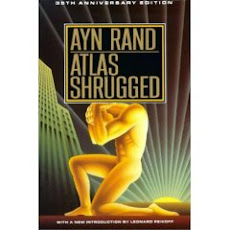







No comments:
Post a Comment